Ethics and Cultural Competency: 1-Day Intensive Certificate by Frances Patterson
$219.99 $62.00
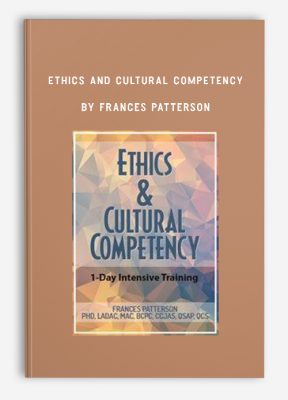
Ethics & Cultural Competency: 1-Day Intensive Certificate by Frances Patterson
**More information:
Get Ethics & Cultural Competency: 1-Day Intensive Certificate at Salaedu.com
Description
Ethics are not always absolute and are often complicated by cultural issues, beliefs, and values. Situations such as whether to accept a gift from a client, encountering a client in a social situation, or living in a small community, as well as more serious issues such as dual relationships, therapeutic touch, and countertransference are influenced by many factors, including culture. When therapists and counselors lack sufficient training, or become complacent or behind on ethics and cultural competency, they may find themselves at risk of losing their professional license, damaging their professional reputation, or encountering legal difficulties due to ethical mistakes or violations.
Learn to address difficult and often complex ethical situations that arise when working with clients. Highlighted issues include clarification of personal values, managing dual relationships, confidentiality and technology, cultural humility, physical touch in therapy, living in smaller communities, and confronting sexual attraction. Dr. Frances Patterson will use didactic, electronic media, and experiential learning techniques, allowing you to explore the dangers of ignoring personal feelings and not addressing issues that arise during sessions with clients. The information you learn will leave you more confident in your ability to manage difficult ethical situations and the cultural issues that often intersect with them.
THE CULTURE OF THERAPY
- How do I know when and what to report?
- Personal Values
- Personal values and culture
- Cultural humility
- Conflicting client cultural values and perceptions
- Communication differences
COMMUNICATING WITH CLIENTS FROM DIFFERENT GENERATIONS
- Technology and Professionalism
- Texting
- Emailing
- Cell phones in therapy
- Social Networking
BOUNDARIES VS. BOUNDARY VIOLATIONS AND CULTURE
- Rural and small communities and subcultures
- Forensic
- Military
- Faith-based
- Bartering
- Taking sessions outside the sanctioned therapeutic environment
- Encountering clients in social situations
- Gift giving: cultural norms
- Self-disclosure
- Culture of self-help and the recovering counselor
- Role confusion
DUAL RELATIONSHIPS AND CULTURAL CONSIDERATIONS
- Sanctioned therapeutic setting
- In-home
- Homeless clients
- Client perceptions vs. therapist role
TRANSFERENCE AND COUNTERTRANSFERENCE
CULTURAL CONTROVERSIES
- Therapeutic touch
- Power struggles in therapy
- Gender roles and sexuality
- End of life and religious beliefs in therapy
- Managing ethics within institutional cultures
CULTURE DIFFERENCES IN CONCEPT OF SELF-CARE
- Cultural views of self-image
More information about Medical:
Medicine is the science and practice of establishing the diagnosis, prognosis, treatment, and prevention of disease.
Medicine encompasses a variety of health care practices evolved to maintain and restore health by the prevention and treatment of illness.
Contemporary medicine applies biomedical sciences, biomedical research, genetics, and medical technology to diagnose, treat, and prevent injury and disease,
typically through pharmaceuticals or surgery, but also through therapies as diverse as psychotherapy, external splints and traction, medical devices, biologics, and ionizing radiation, amongst others.
Medicine has been around for thousands of years, during most of which it was an art (an area of skill and knowledge) frequently having connections to the religious and
philosophical beliefs of local culture. For example, a medicine man would apply herbs and say prayers for healing, or an ancient philosopher and physician would apply bloodletting according to the theories of humorism.
In recent centuries, since the advent of modern science, most medicine has become a combination of art and science (both basic and applied, under the umbrella of medical science).
While stitching technique for sutures is an art learned through practice, the knowledge of what happens at the cellular and molecular level in the tissues being stitched arises through science.
1 review for Ethics and Cultural Competency: 1-Day Intensive Certificate by Frances Patterson
Add a review Cancel reply
Related products
HEALTH - FITNESS - LIFESTYLE - MEDICAL
Fitness Mentors – Audio Lectures, Practice Tests and Study Guide for the NASM CPT Ex
HEALTH - FITNESS - LIFESTYLE - MEDICAL
HEALTH - FITNESS - LIFESTYLE - MEDICAL
HEALTH - FITNESS - LIFESTYLE - MEDICAL
HEALTH - FITNESS - LIFESTYLE - MEDICAL
HEALTH - FITNESS - LIFESTYLE - MEDICAL
HEALTH - FITNESS - LIFESTYLE - MEDICAL
HEALTH - FITNESS - LIFESTYLE - MEDICAL
Somatic Interventions for Treating Complex Trauma with Janina Fisher, Ph.D. from Janina Fisher

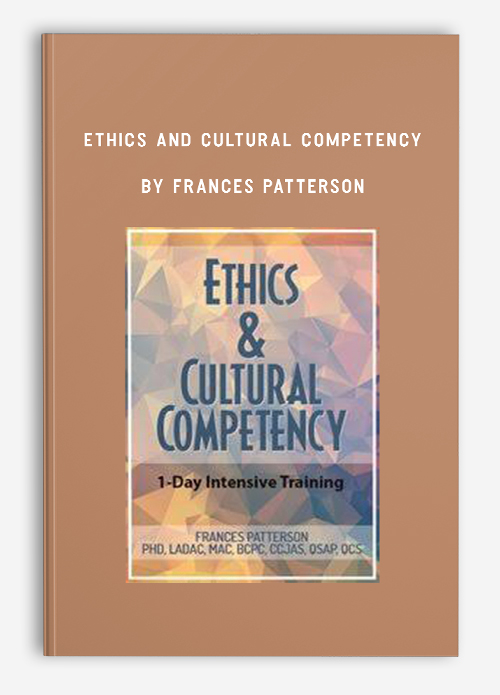


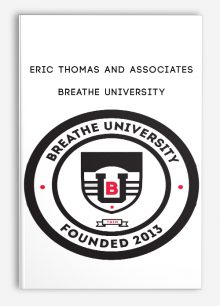

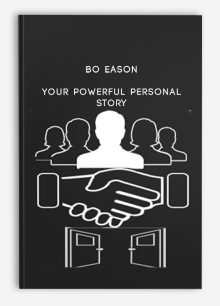

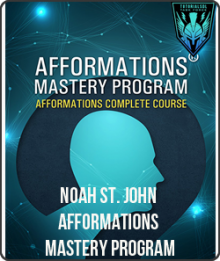
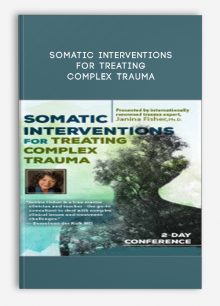
Trevis Trevis –
We create this shop with the mission: Bring the courses to 500 millions of people in the world, to help them awake their power and change their